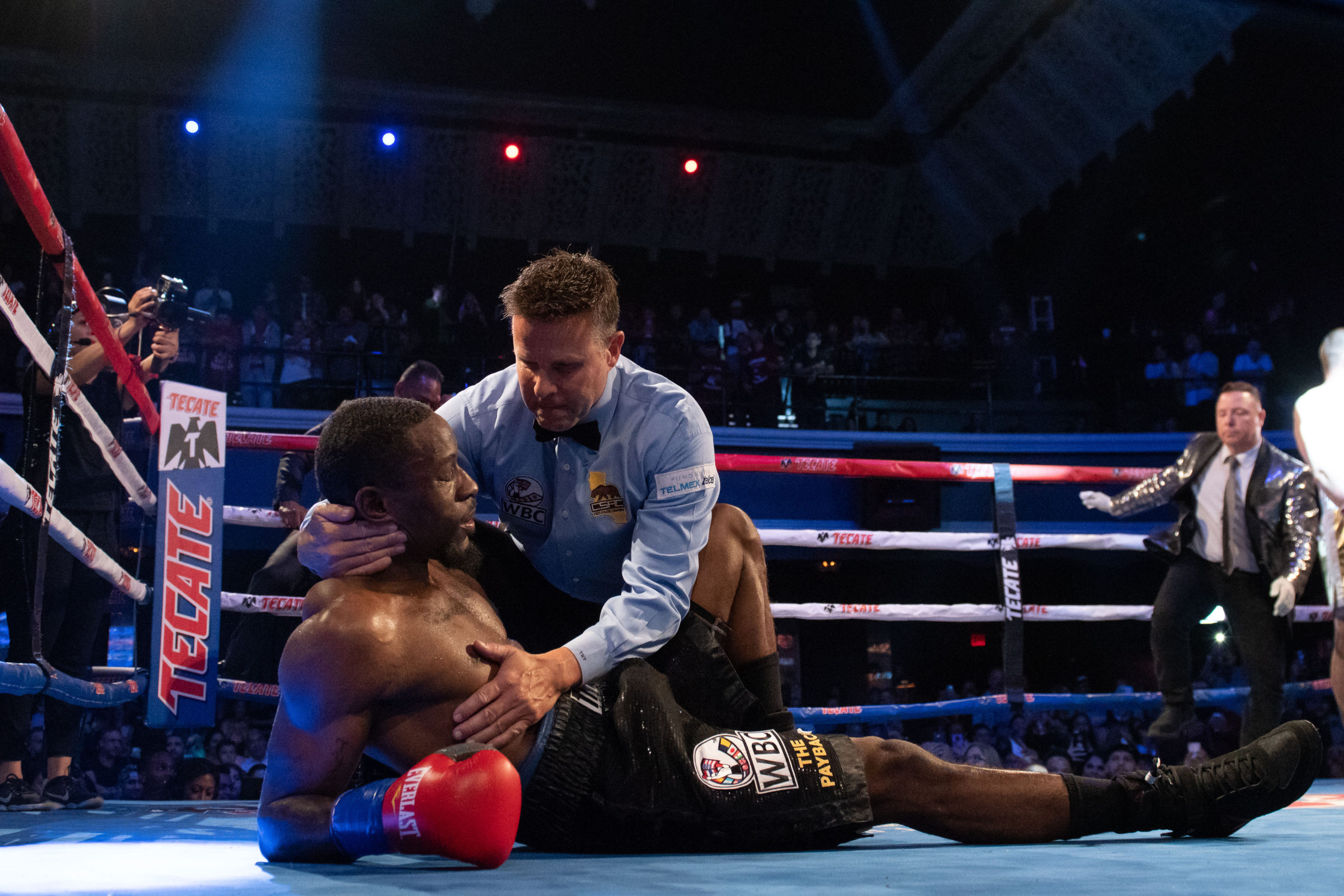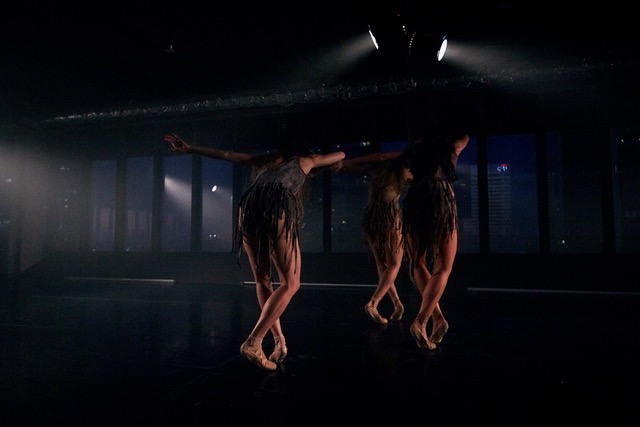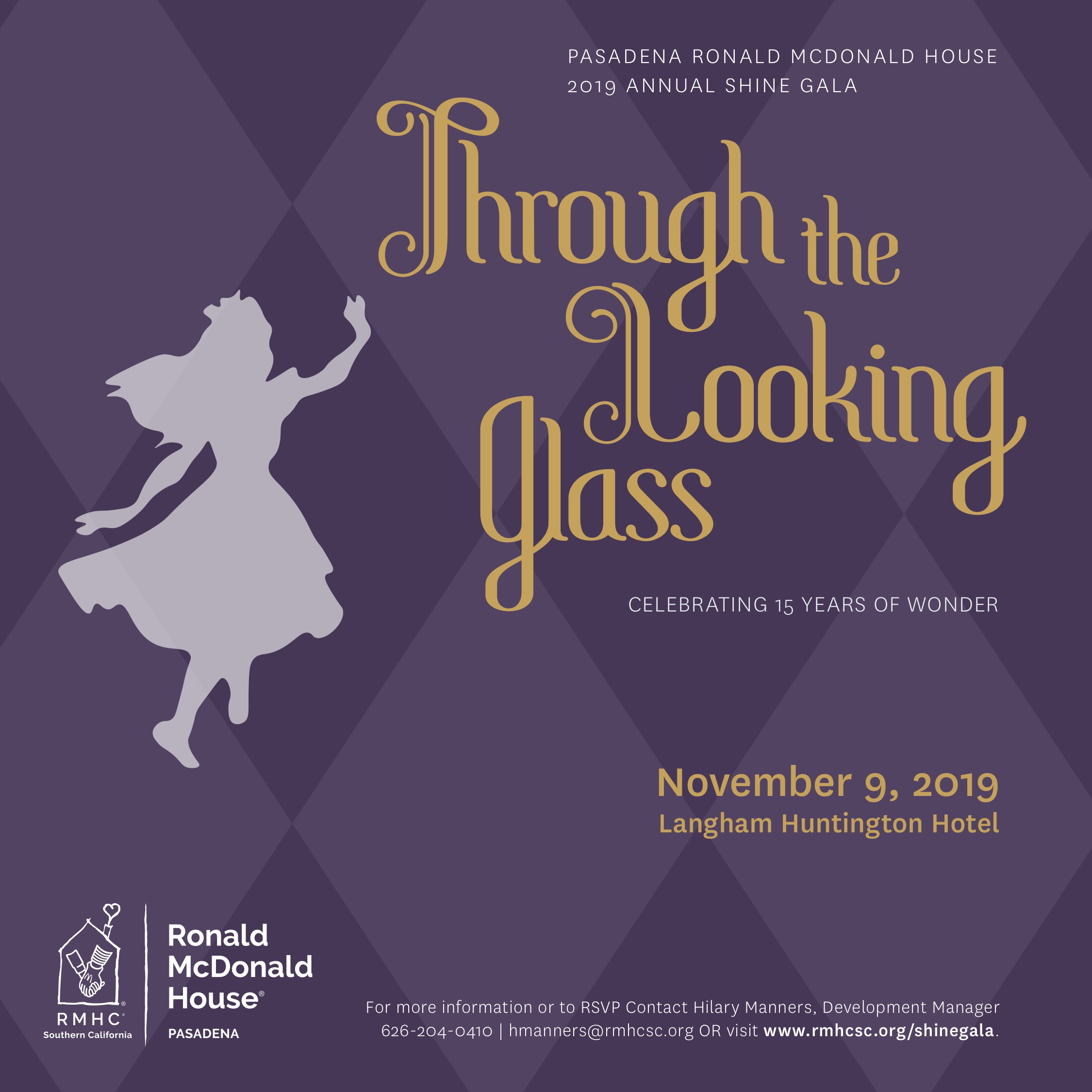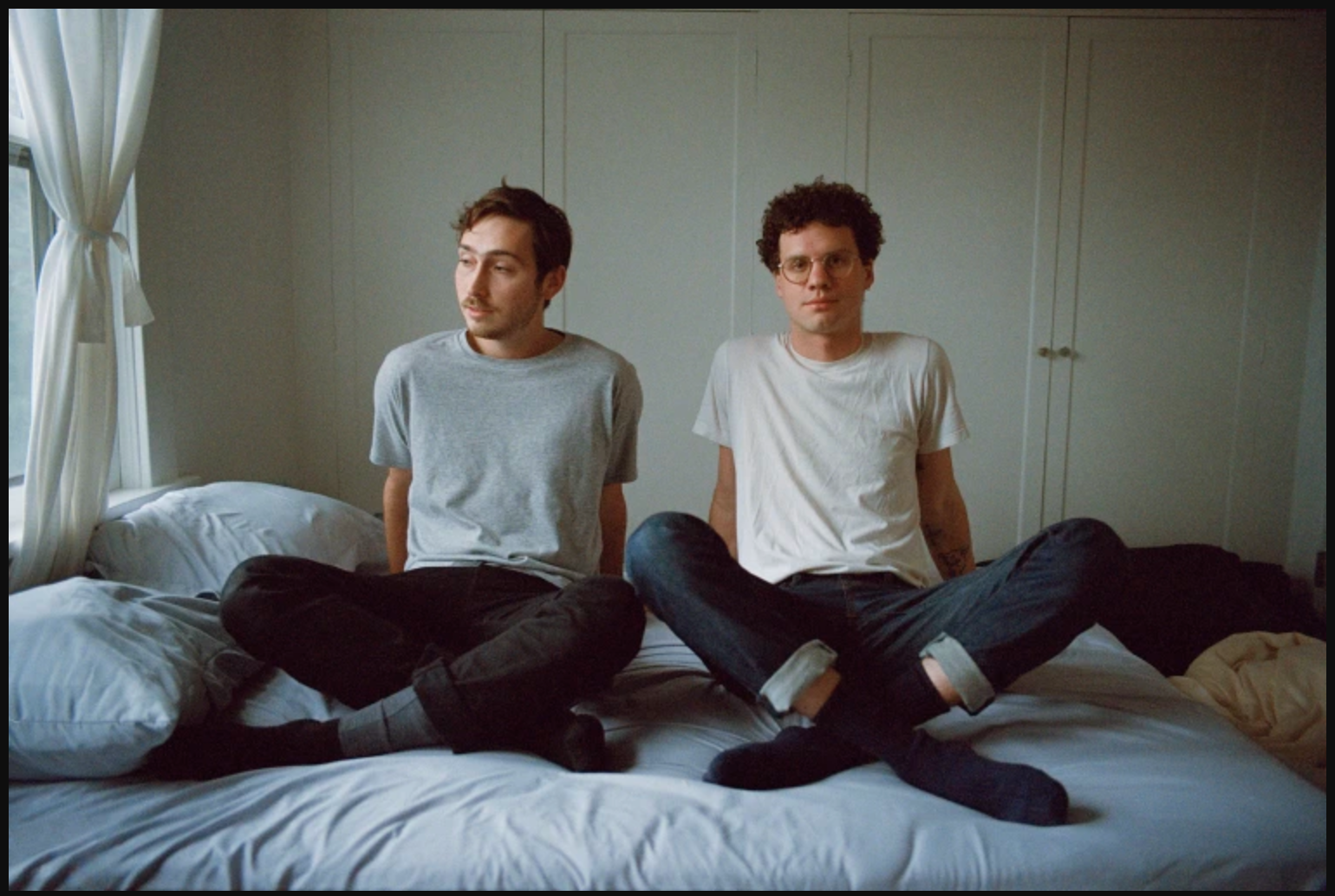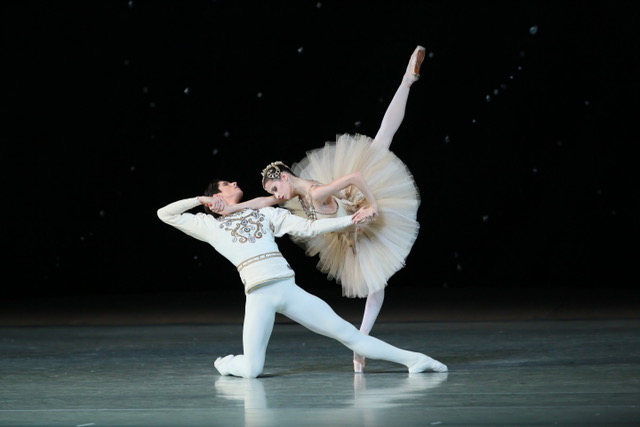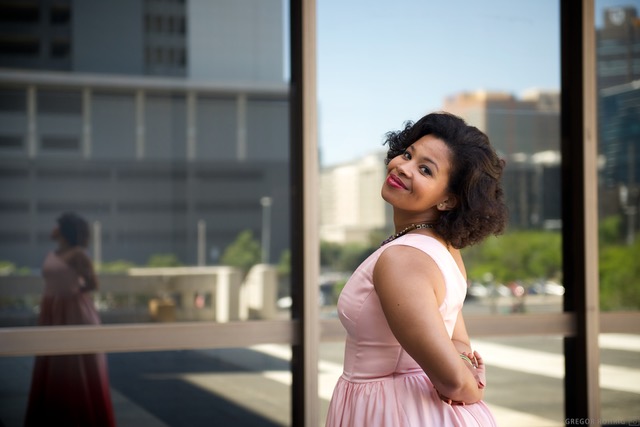
The Los Angeles Philharmonic is hosting a wealth of incredible music this weekend for their Centennial, and featuring the talent of South African Soprano soloist Golda Schultz. On Saturday she joins for Sibelius’ explosive tone-poem Luonnotar and Sunday orchestra and choir unite for Beethoven’s Symphony No. 9 in D Minor, featuring the famous “Ode to Joy” poem written by Friedrich Schiller. We had the wonderful opportunity to ask Golda Schultz a few questions ahead of her arrival and learn more about her own personal inspirations and thoughts on the works as well as what’s next for the star singer.
LA Canvas: Hello Golda! Is this your first time to Los Angeles and working with the Los Angeles Philharmonic?
Golda Schultz: Indeed my first time. Very excited though. I have been a long lover of movies and to be in the city where most of the magic was created is thrilling. Then to work with this high caliber of orchestra is phenomenal too!!!
LAC: Have you performed Luonnotar before?
GS: This is my first time with the piece. I have been studying it for some time now and getting into the score has been a treat for me. The musical phrasing that he has in it really is beautifully textured, magical even. You feel a little like a sorceress conjuring forth a whole universe. Perfect that this is precisely what the story of the piece is about. I used to be a violinist when I was a child and you can hear that Sibelius was too. The voice sings with violin-esque line, sweeping and soaring like a bird and jumping interesting intervals. It simply in a word is GORGEOUS!
https://www.instagram.com/p/B3dhaKxB-uE/
LAC: And how does Sibelius compare to other composers for you? Do you have a particular era or composer you really love?
GS: I love all the composers I sit with when I am working on them. I learn so much from each new work I get to discover. For orchestral work as a soloist I love Mahler. Mahler’s 4th Symphony was the piece that brought [Gustavo] Dudamel and I together as work mates. For opera I will always prefer Mozart and Strauss. And for recital well very few can articulate so well the notion of “Sehnsucht” the way that Schubert does. I just love the work of every composer that I sing because I learn something new about myself as a musician and person because of the work they did/do.
LAC: Likewise with Beethoven’s 9th, is there anything about this piece you feel particularly drawn to? Obviously the chorus in the Finale is massively impactful. How does it feel singing amongst a choir versus solo with the orchestra?
GS: When I was a music student in South Africa I was invited to sing the “Choral Fantasy” – the precursor to the 9th – and hearing and feeling Beethoven discover these harmonies that vibrate so well in the bodies of people blew me away. I decided then and there that I wanted to sing the 9th. For me Beethoven is a vibrational experience. His work shifts your whole body to somewhere else and I think sometimes that is what he was going for since he surely couldn’t have heard his work as clearly as we do. He could only feel it. And when you approach it in this manner it is music that can change your life. Even as I talk about it, I feel the goosebumps and my heart starts to quiver. This music is filled with the struggle of being alive, the knowing joy that there is struggle associated with it all and that if we as people would only stand with each other in it and hold each other up we would always find ourselves in paradise right where we are – We all would be brothers and sisters in Elysium.
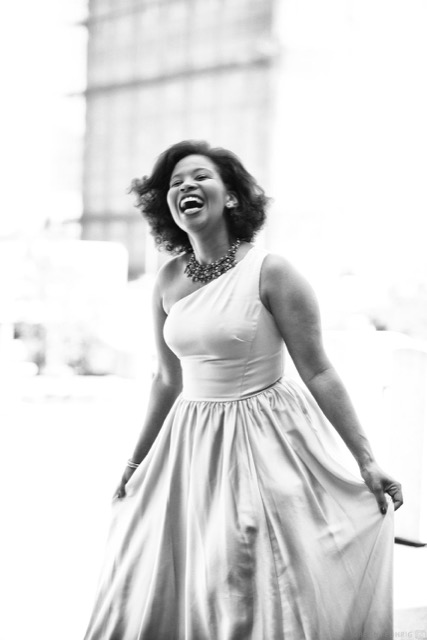
LAC: Is there anything you’re currently listening to, reading, or watching? What are some of your favorite activities in your downtime from travel and rehearsal?
GS: I love reading and currently am trying to get to grips with investment, so I am studying people like Warren Buffet – I know I probably won’t be the richest person in the world, but I want to make sure that my future is monetarily safe. I also enjoy reading romance novels when I am on holiday (that doesn’t happen often anymore, so that is a life lesson I have to put back into practice. Take time to relax).
I have also started doing outdoor activities like hiking and long walks. I love when I can walk through a wood silently and be with my thoughts – like Mahler did when he would go out into Carinthia in Austria – silence is just such good soothing medicine. I love to cook when I am home for my friends and family. I am always on the lookout for a good brunch delight I can make for people. It makes me very happy to have my home filled with people laughing and sharing a meal that I prepared with love. Oh and I love sleeping late when I can, actually I adore a good PJ day!
https://www.instagram.com/p/B3dhaKxB-uE/
LAC: Luonnotar was written during a time up great transition in Finland as well as just before their independence, being from South Africa, I’m sure some of these sentiments are felt by you personally. Could you tell me a bit about your personal experience when performing such a powerful work?
GS: For me I don’t respond to it as a political work. It is a human experience of creation. There is an inevitable cost involved in wanting to create something. What you thought you were, who you thought you were, who others assumed you were must be to some degree destroyed. Destruction is the step before imagination and creation. It is necessary and sometimes can be painful. This is for me essentially what the piece is about. Luonnotar is a nature who doesn’t know herself until she experiences all of herself. Each aspect – the land, the sea and the wind. This is so human a thought. Then in her seeking to help something less fortunate than herself she stumbles under the pressure and so from that comes crashing into existence the island of Finland and the swirling night sky above it. This is a beautiful and sad image, but still filled with so much hope.
And this is what I respond to- this tale of hope at the end of everything. This tale of light springing from darkness. We as humans find ourselves always somehow in difficult times and art helps us find some sense in it all. As a South African I make no assumptions that I have any claims more than others to struggle or pain. I know we all have it and therefore I don’t try to politicize my human experience or that of others by placing borders on it. We each of us struggling and creating and surviving with imagination and grace.
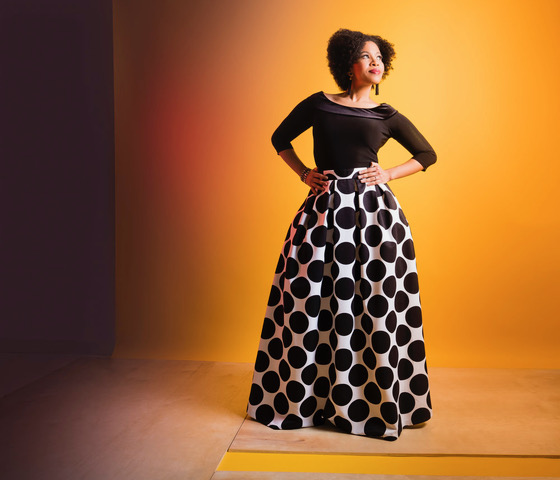
LAC: What’s next for you? Are there any exciting performances coming up? And are there still any composers or compositions you’re eager to perform someday?
GS: I am thrilled to revisit a role that has been with me for some time – Sophie in Rosenvalier. I will be singing this role at the Met over their Christmas period. I have a deep love for Strauss and for this character. She has so much heart and deep wisdom that can sometimes be masked by all the full and luscious music. She is my kind of girl! Later this season I finally get to sing a role I have been dying to sing – Madame Lidoine in Carmelites. As a person of faith getting to sing a role so full of grace and faithfulness that is followed through to the end is inspiring. I heard this opera when I was a student at Juilliard and only sang a small nun chorus part, but it is music that has stayed in my soul and continues to inspire and move me every time. I know already there will be many tears in that rehearsal room, but they will be the good kind. The kind of tears that heal and bring people into a safe and glorious space where they can make magic together.
See Golda Schultz on Saturday, October 26th performing Sibelius’ Luonnotar and Sunday, October 27th for Beethoven’s Ninth. Tickets at https://www.laphil.com/

